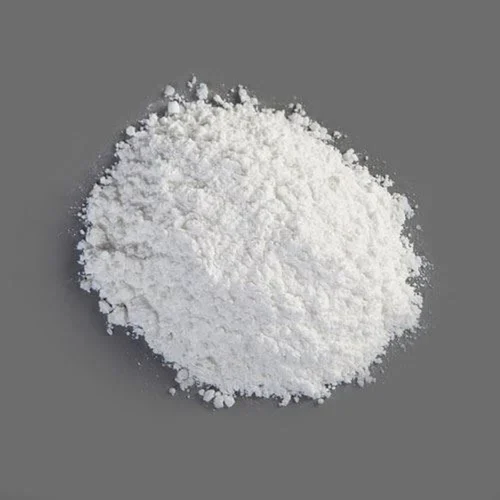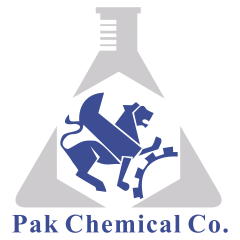Calcium stearate, a derivative of stearic acid, holds a crucial position in the pharmaceutical industry due to its multifunctional properties and applications. Primarily known as the calcium salt of stearic acid, calcium stearate has carved its niche as a widely accepted and indispensable excipient in drug formulation and manufacturing. Let’s delve deeper into its roles, advantages, and considerations.

Roles in Pharmaceutical:
- Lubricant in Tablet and Capsule Production:
- One of the most recognized roles of calcium stearate is as a lubricant in tablet and capsule production. During the tableting process, friction can cause the tablet mix to stick to the machinery. Calcium stearate ensures that the equipment’s punches and dies remain clean, preventing any sticking.
- Additionally, it ensures uniformity in tablet and capsule sizes, which is fundamental to dose consistency and accuracy.
- Anti-caking Agent:
- Calcium stearate is used as an anti-caking agent in pharmaceutical powders. This ensures that the powders maintain their free-flowing nature, which is crucial for uniform dosage and product stability.
- Emulsifying Agent:
- In drug formulations that require a mixture of oil and water-based components, calcium stearate can serve as an emulsifying agent, ensuring stability in such mixtures.
Advantages of Calcium Stearate in Pharmaceuticals:
- Safety and Non-toxicity:
- Calcium stearate is considered non-toxic and is generally recognized as safe (GRAS) by regulatory bodies. This ensures that it does not introduce any harmful effects when consumed in medicinal products.
- Cost-effectiveness:
- Its economic feasibility makes it a go-to choice for many manufacturers, ensuring quality without significantly impacting production costs.
- Stability:
- Calcium stearate provides stability to formulations, ensuring a longer shelf-life and efficacy of the drug.
Considerations and Best Practices:
- Quality and Purity:
- Like all excipients, calcium stearate must be of pharmaceutical grade, free from impurities that could compromise drug safety or efficacy.
- Interactions with Active Ingredients:
- Though generally inert, it’s essential to study how calcium stearate interacts with the specific active ingredients in any given formulation to ensure there are no unintended reactions or decreases in drug efficacy.
- Environmental Factors:
- Factors like humidity can impact the efficacy of calcium stearate as an anti-caking agent. It’s crucial to store and handle it under recommended conditions to retain its properties.
Conclusion:
In the pharmaceutical industry, every component, no matter how minute, can have a significant impact on the final product’s quality and safety. Calcium stearate, with its diverse functionalities, remains a backbone in drug manufacturing, ensuring that the end consumer receives a product that is both effective and safe. As research continues and the industry evolves, we may yet discover more about this versatile compound and its potential applications.

